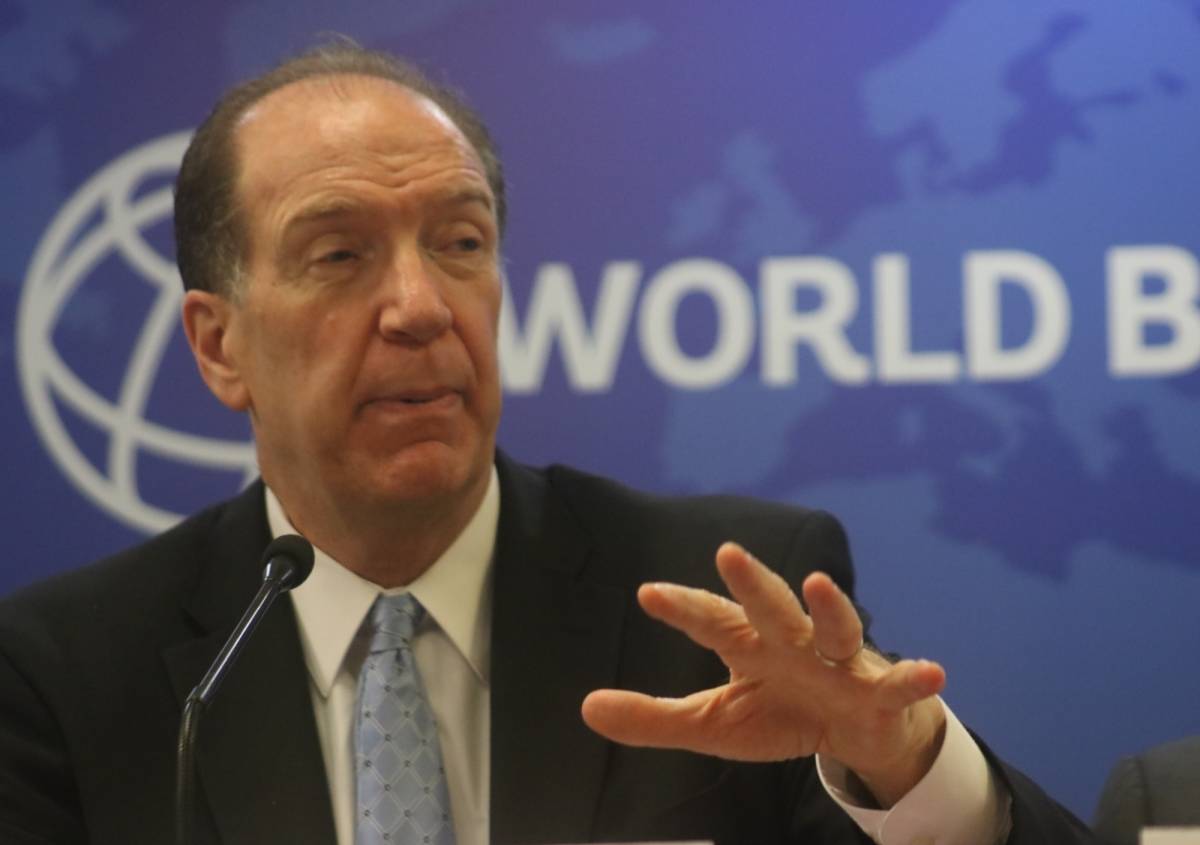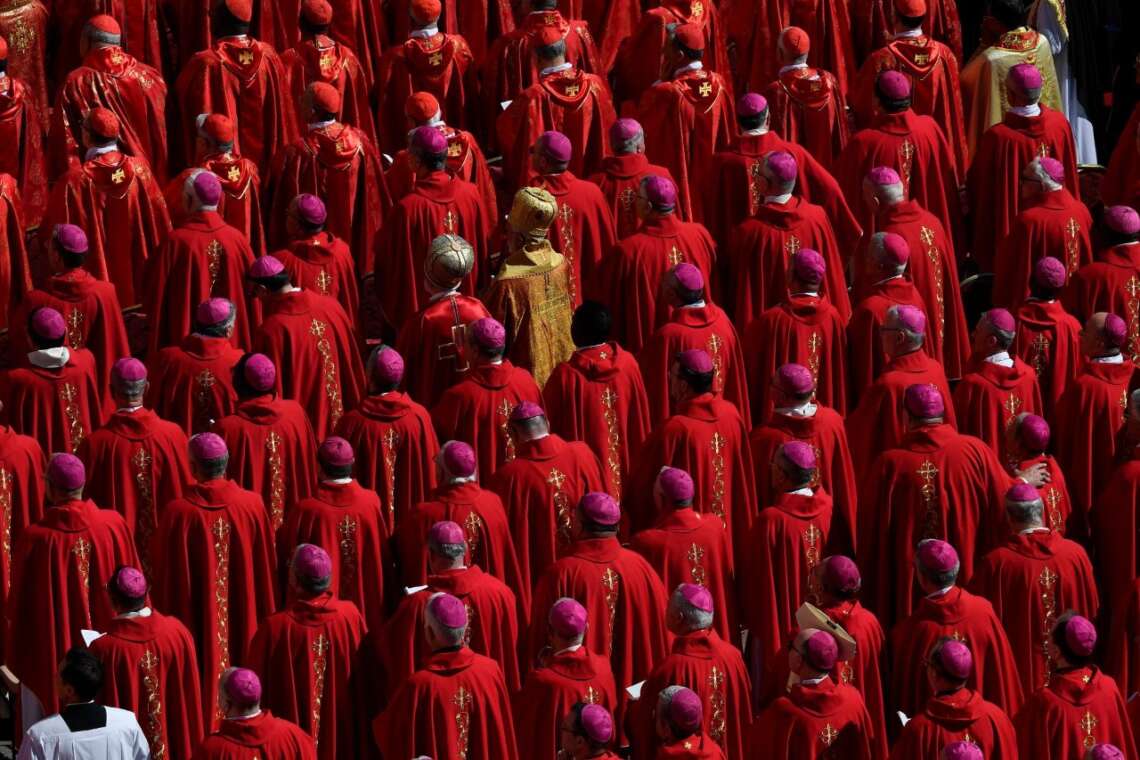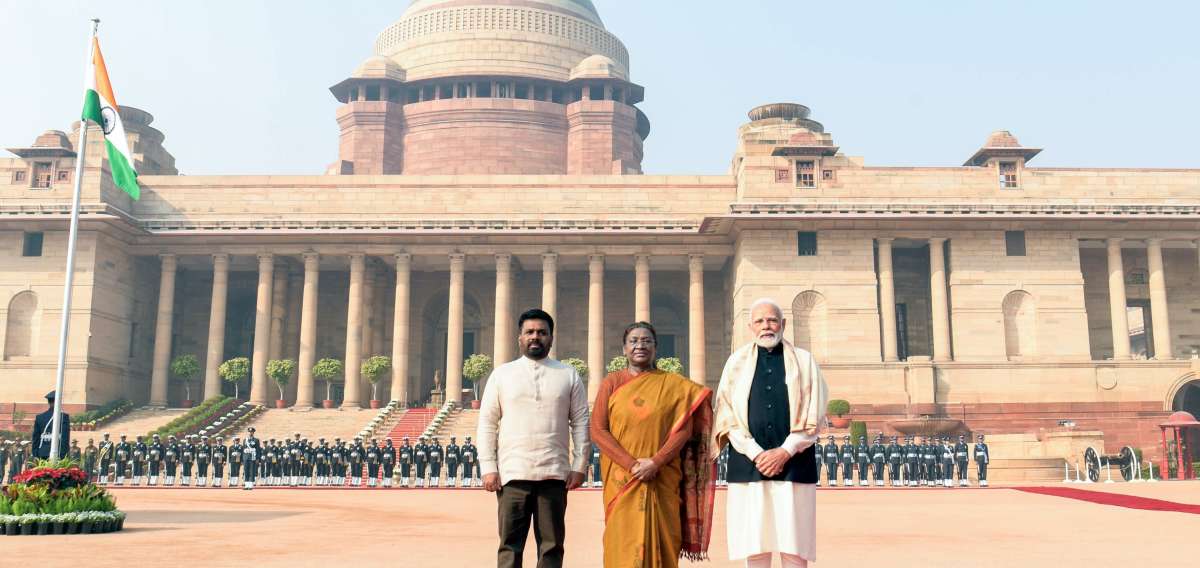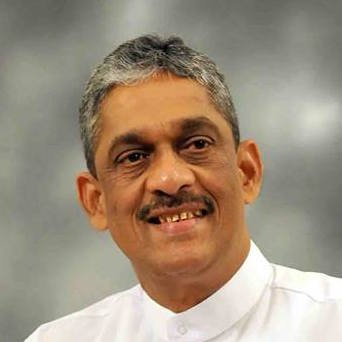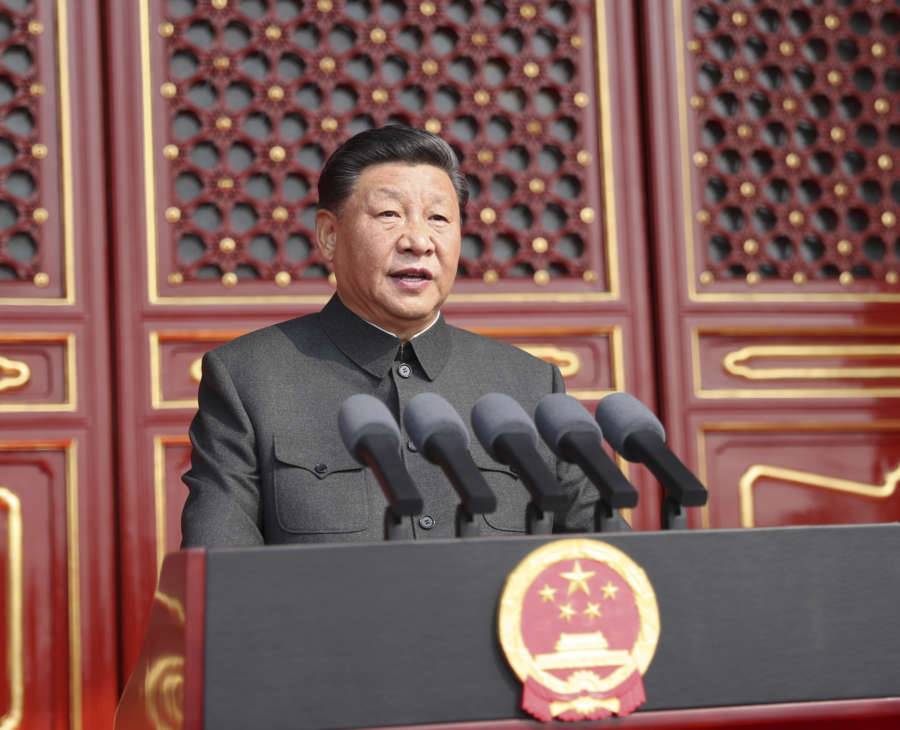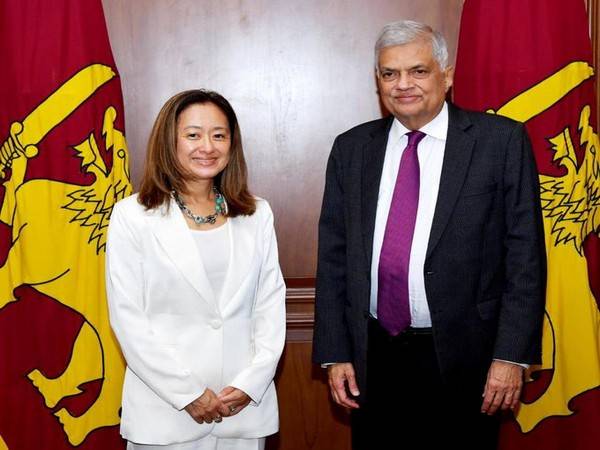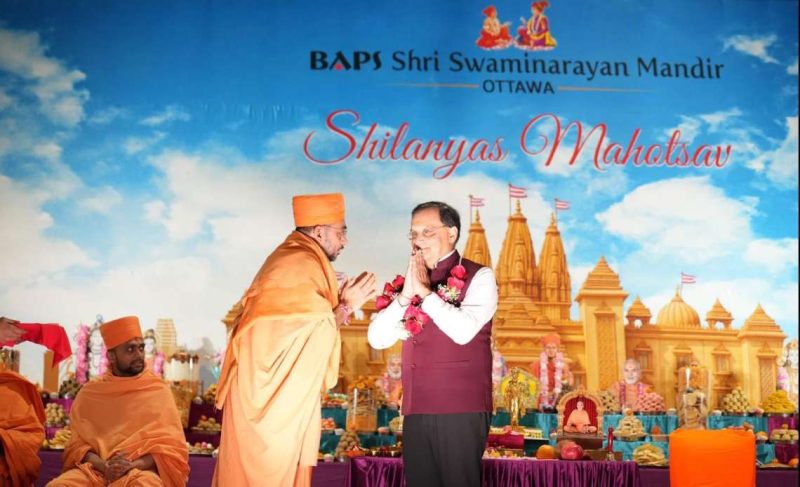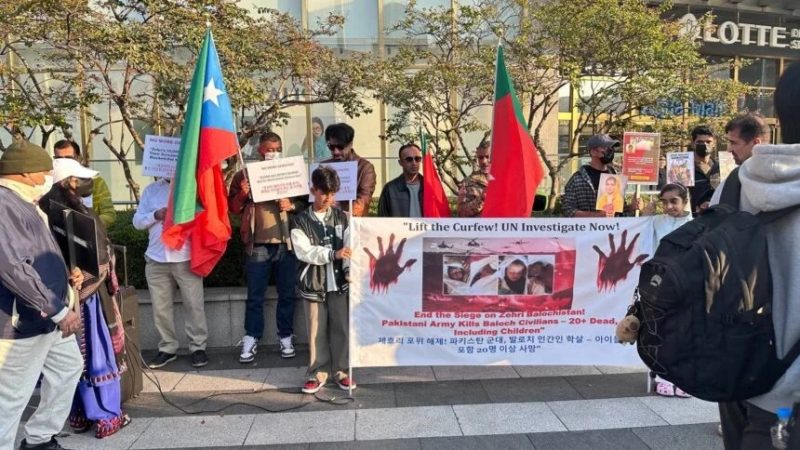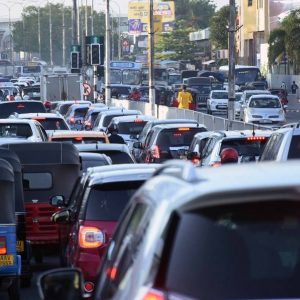Regarding the ongoing crisis, the World Bank Group said it is deeply concerned about the dire economic situation and its impact on the people of Sri Lanka…reports Asian Lite News
The World Bank has no plan to offer new financing to Sri Lanka until an adequate macroeconomic policy framework is in place in the island country, which is facing its worst crisis.
The international financial institution in a statement said deep structural reforms are needed.
Reforms must focus on economic stabilization, and also on addressing the root structural causes that created this crisis to ensure that Sri Lanka’s future recovery and development is resilient and inclusive.
Regarding the ongoing crisis, the World Bank Group said it is deeply concerned about the dire economic situation and its impact on the people of Sri Lanka.
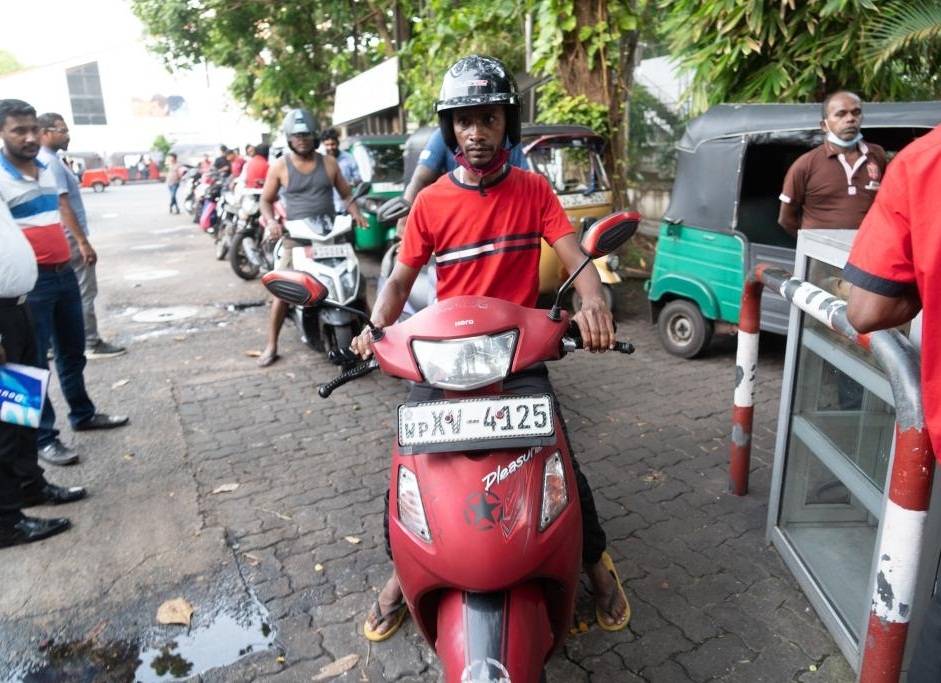
“To help alleviate severe shortages of essential items such as medicines, cooking gas, fertilizer, meals for school children, and cash transfers for poor and vulnerable households, we are repurposing resources under existing loans in our portfolio. To date, about USD 160 million of these funds have been disbursed to meet urgent needs,” the statement said.
In addition, other ongoing projects continue to support basic services, the delivery of medicine and medical supplies, school meals and tuition waivers.
“We are working closely with implementing agencies to establish robust controls and fiduciary oversight to ensure these resources reach the poorest and most vulnerable. We will continue to monitor this closely,” it added.
We are also coordinating closely with other development partners to maximize the impact of our support for the people of Sri Lanka.
For the record, Sri Lanka has experienced an escalating economic crisis and the government has defaulted on its foreign loans. The United Nations warned that 5.7 million people “require immediate humanitarian assistance.”
With many Sri Lankans experiencing extreme shortages of essentials including food and fuel, peaceful protests began in March. The protests led then-Prime Minister Mahinda Rajapaksa to resign on May 9, and his brother, President Gotabaya Rajapaksa, to flee the country on July 13 and resign the following day.
Ranil Wickremesinghe became acting President and parliament elected him as the new president on July 20 with the support of the Rajapaksas’ political party, the Sri Lanka Podujana Peramuna. (ANI)


